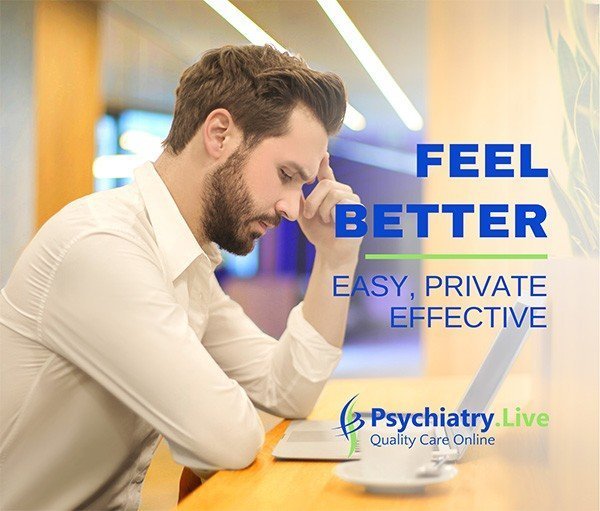Childhood emotional neglect means an individual was not provided the emotional support from parents and other adults that are required to grow up to be a confident person with a healthy self-esteem. Though a parent may never physically harm the child and provide them with food, healthcare, clothing and shelter, they may still emotionally neglect their child causing psychological harm.
Symptoms of CEN
In her book “Running on Empty: Overcome Your Childhood Emotional Neglect”, Dr. Jonice Webb outlined some of the most common symptoms of CEN:
- Feeling numb or cut off from your own feelings
- Feeling like something has always been missing Feeling hollow
- Having a low self-esteem
- Feeling the need to be perfect
- Being overly-sensitive
- Lack of self-care while taking care of everyone else
That last symptom is a biggie. Have you found that for most of your life, your needs always came second (if not third or fourth?). If yes, it’s time to recognize that your feelings and needs matter.
With this in mind, here are some ways you can begin to treat yourself better: Take Baby Steps
You’ve spent years believing your needs didn’t matter; don’t expect that putting yourself first will come easy to you. It won’t. It will feel awkward and downright wrong to put yourself first. The important thing is that you take baby steps each day to show yourself you matter.
Ask Yourself What You Need
If you’ve experienced CEN, you’re most likely unaware you even have needs, so you probably won’t be able to identify them right away. Take some time to get to know you. Ask yourself what you need and be sure to listen!
Stay Healthy
You have a big and exciting journey ahead of you, one in which you will be exploring your inner world and getting to finally know yourself. This is going to require strength and energy. Be sure to avoid processed foods and opt instead for whole foods focusing on fruits and veggies.
Also, be sure to get plenty of exercise and enough rest. Adults generally require seven to nine hours of sleep each night, so don’t cheat your body. And avoid using the TV, computer, or your smartphone before bed.
Learn to Say No
Guess what? If you want to put yourself first more often, you’re going to sometimes have to say “no” to other people. Don’t feel guilty about doing this. Having boundaries is healthy. It’s not only your right to say no to others sometimes, it’s your personal responsibility.
Get Support
As wonderful as your self-discovery journey will be, it will be fraught with bumps in the road. It’s important that you have someone who will support your efforts without judgements or criticism.
Consider seeking guidance from a professional therapist who can help you navigate your complex emotions and offer tools to manage stress in the future. A therapist will help you prioritize your needs moving forward and recognize your emotions and needs matter.
If you’d like to explore treatment options, please make an appointment and one of our mental health professionals would love to discuss how they may be able to help you on your journey.


